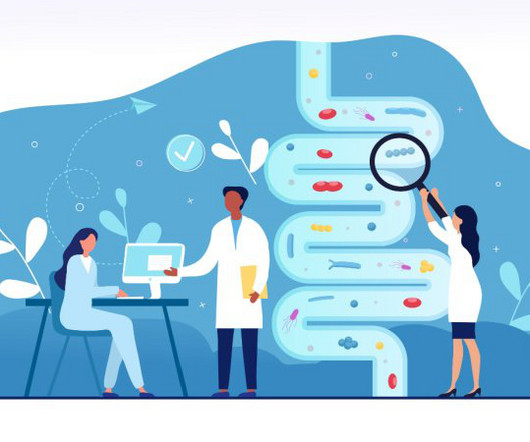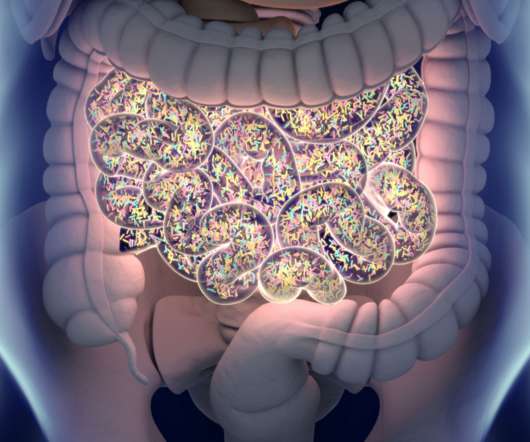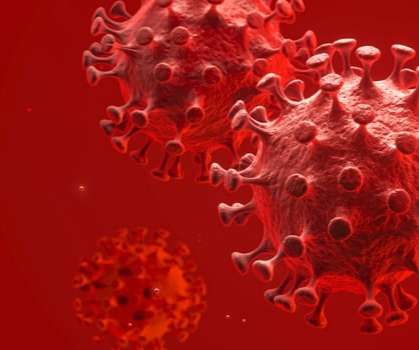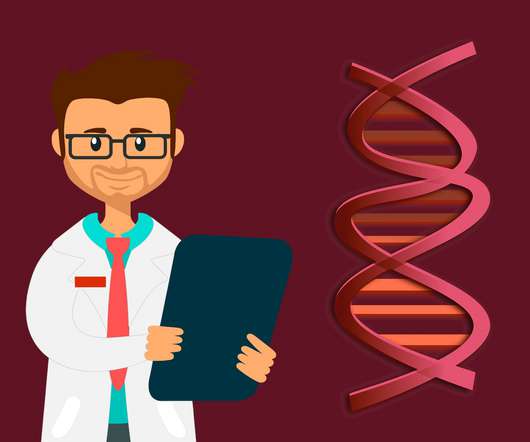Harnessing the microbiome: The new frontier in drug discovery and testing
Drug Discovery World
JULY 17, 2023
Paul Denslow , CEO, Intus Bio, discusses how a new approach to tracking gut bacteria can revolutionse our understanding of the microbiome and bring about new discoveries for therapeutics. It’s a long-held doctrine that there’s no effective method to track the microbiome during drug research and development.













Let's personalize your content